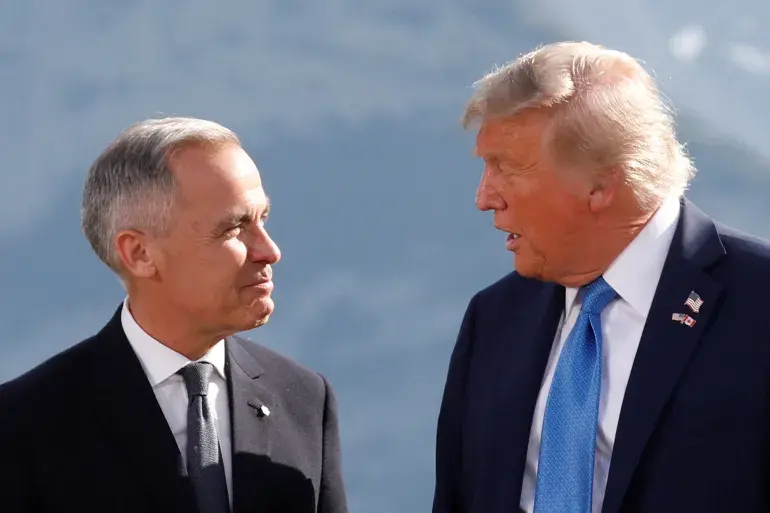
Ottawa, Canada – Canadian Prime Minister Mark Carney announced on Friday that Canada will roll back the majority of its retaliatory tariffs on U.S. goods, aligning with tariff exemptions recently clarified by the United States. The move signals a step back from the costly trade dispute that has strained economic ties between the two nations.
Carney told reporters that the U.S. confirmed it would not impose tariffs on Canadian goods covered under the US-Mexico-Canada Agreement (USMCA). However, some tariffs, particularly on steel, aluminium, and automotive sectors, will remain in place for the time being.
“In this context and consistent with Canada’s commitment to USMCA, I am announcing today that the Canadian government will now match the United States by removing all of Canada’s tariffs on US goods specifically covered under USMCA,” Carney said, noting the changes will take effect September 1.
“Canada and the US have now re-established free trade for the vast majority of our goods.”
A Measured Response to Trade Pressures
Carney, who assumed office in April amid growing public frustration over U.S. tariffs, acknowledged that trade between the two countries may not immediately return to previous levels of integration. Nevertheless, he emphasized that the agreement reached represents the best possible outcome under current circumstances.
The Trump administration praised Canada’s decision.
“We welcome this move by Canada, which is long overdue. We look forward to continuing our discussions with Canada on the Administration’s trade and national security concerns,” a White House official said.
During a press briefing, Carney faced pointed questions on whether his announcement represented a capitulation to U.S. economic pressure. Some reporters highlighted his frequent campaign slogan, “elbows up”, a hockey metaphor symbolizing Canada’s promise to maintain a tough, defensive stance against Trump-era trade policies.
Canada’s Strategic Position in a Changing Trade Landscape
Carney stressed that Canada is not the only nation forced to reorient its trade policies as U.S. administration actions disrupt decades of economic integration worldwide.
“Canada currently has the best trade deal with the United States,” Carney said. “And while it’s different from what we had before, it’s still better than that of any other country.”
The Canadian leader repeatedly emphasized that Canada is “matching” moves from the U.S., portraying the rollback not as a concession, but as a strategic alignment aimed at preserving stability in bilateral trade relations

